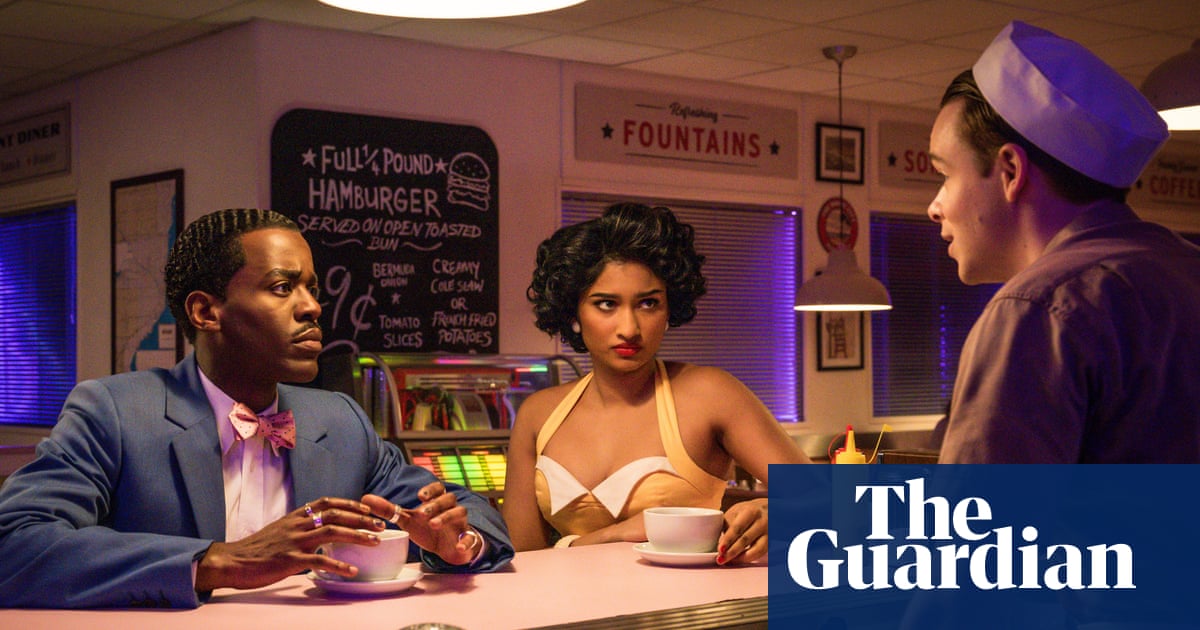So, after all that, it turns out that under the Equality Act, a woman is an adult human female. A man is an adult human male.
The unanimous UK supreme court ruling delivered on Wednesday is a big step towards clearing up the almighty mess created by politicians in Scotland, who got so carried away with promoting transgender rights that they decided transgender women ought to be eligible for seats on public boards on preferential terms that are for women.
This argument was taken apart in a judgment that was as far as possible from the fudge predicted by some. The judges ruled in favour of For Women Scotland, the feminist voluntary organisation that brought the case, that the protected characteristic of “sex” and the terms “man” and “woman” in the Equality Act refer to biology, not gender identity. A gender recognition certification (which formally acknowledges a person’s transition) does not alter their sex in this piece of legislation.
Across 88 pages, the judges explained how any other reading of the act would render it unworkable. They showed that language used in clauses about pregnancy and maternity makes it clear that sex refers to biology. The claim by the inner house of the court of session, Scotland’s highest court, that words could mean different things in sections of the same act was dismissed. Instead, the UK supreme court emphasised “the need for a meaning which is constant and predictable”. People ought to be able to understand the law without a glossary to guide them.
Public services including prisons and hospital changing rooms have been in the news a good deal recently. Provisions in the Equality Act dealing with associations have had less attention until now, but submissions on this issue appear to have been crucial. Had the court ruled in favour of the Scottish government, lesbians and gay men would have lost the legal right to form associations limited to people of the same sex and orientation. People of the other sex, with a gender recognition certificate, could no longer have been excluded.
That the resulting “loss of autonomy and dignity for lesbians” was part of the court’s reasoning is one of the most significant elements of this judgment. Resistance to transgender rights activism from lesbian and gay groups has been alternately dismissed and denounced. But the impact on lesbians of gender identity policies is massive, since they have a particular and historic commitment to female-only culture and spaces.
The judges stress that their role is limited to interpreting statute. It is not for them to adjudicate on the definitions of gender or sex, or “the meaning of the word ‘woman’”, in other contexts. People can continue to use words in whatever way they want. But the Equality Act – which incorporated earlier legislation including the Sex Discrimination Act 1975 – is the vital underpinning for societal rules and norms around fairness and equal treatment. Ever since another volunteer-led feminist group, Woman’s Place UK, highlighted the single-sex exceptions in the act as a basis for their campaign to defend sex-based rights, questions about the functioning of the exceptions, and the language in the act, have been hotly debated. That has now been settled. Unless the supreme court’s decision is appealed and overturned, or legislation is changed, biological women are a protected class in law.
As important as this is, it is not an end-point. It is almost four years since Maya Forstater won a crucial appeal and established that the gender-critical belief that sex is binary and immutable is legally protected. Since then, numerous cases have been brought by women who were penalised by employers because they did not subscribe to the contrary belief in gender identity. Several more are working their way through the system. Outside the courts, gender critical feminist activists have engaged in other forms of campaigning and lobbying, setting up groups and charities, producing research, writing books and articles.
I have thought about all this for years, and still don’t fully understand how trans activist demands, above all the push for legal gender self-identification, were so widely adopted. Under Boris Johnson, the Tories changed direction. But it must be remembered that it was under Maria Miller, a Conservative chair, that the women and equalities committee recommended a system of self-ID about a decade ago.
I think the absorption of these ideas into western progressive orthodoxy has been a grave error. By re-energising socially conservative opposition to shifting gender norms, roles and behaviours, this uncritical adoption of a contested belief that goes far beyond the protection against discrimination to which trans people are, of course, entitled, has fuelled a broader backlash against human rights. Hostility to “gender ideology” from the right of the Tory party, Putin, Trump and other authoritarian leaders has made it hard for some liberals to admit this possibility. Despite their borrowings from intellectual postmodernism, gender identity activists (including such luminaries as Judith Butler) take a binary view of our complicated world in which anyone who doesn’t line up with them must be on Team Trump. This polarising stance has already had the effect of increasing division and hostility.
The judges have done their job in upholding the rights of women, and same-sex attracted people, alongside those of transgender people – all of whom have the legally protected characteristic of gender reassignment. It must be hoped that the court’s unequivocal judgment brings the ending of this wounding chapter in our politics closer, along with a sharper awareness that equality law is always a balancing process.
But the plaudits this week should go to For Women Scotland. The determination to hold on to sex-based rights and protections built up over centuries has galvanised an extraordinary renaissance of the women’s movement in Britain.
-
Susanna Rustin is a social affairs journalist and the author of Sexed: A History of British Feminism
-
Do you have an opinion on the issues raised in this article? If you would like to submit a response of up to 300 words by email to be considered for publication in our letters section, please click here.

.png) 2 days ago
10
2 days ago
10













































